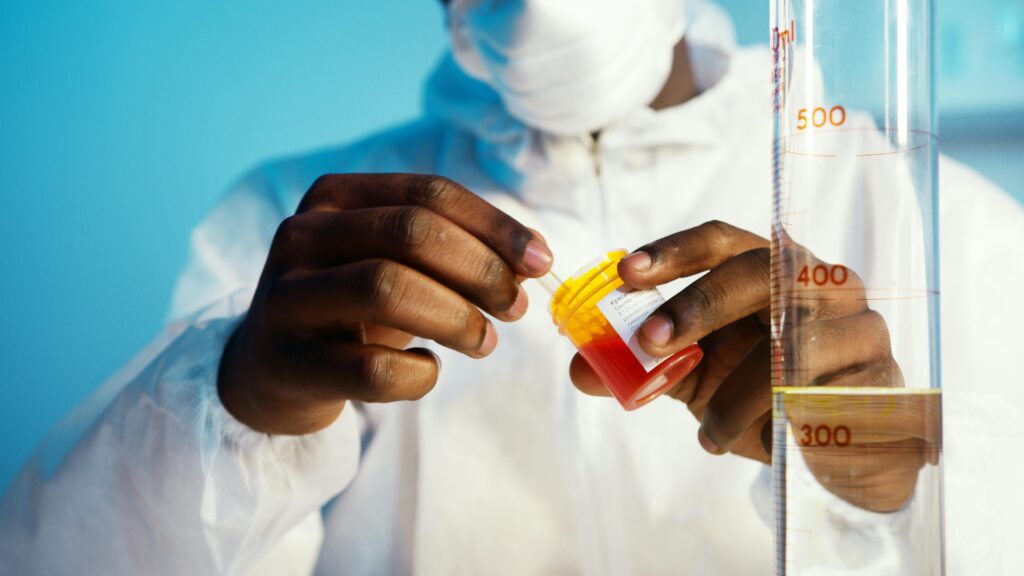Office of Academic Affairs » Schools » School of Science and Allied Health » Biology » Program Learning Outcomes
Program Learning Outcomes
Two-degree programs are offered within the Department of Biology:
- Associate of Science in Science
- Bachelor of Science in Biology
A.S. Degree Program Learning Outcomes:
Upon completion of the A.S. Degree in Biology, students from diverse educational, socio-political, and cultural backgrounds will be able to:
- Define and appropriately use biological terminology.
- Demonstrate a foundational understanding of biological principles such as cellular and molecular biology, genetics, evolution, ecology, and organismal biology.
- Apply critical thinking skills and the scientific method to design experiments, collect, and analyze quantitative data, and interpret results within the context of biological sciences.
- Evaluate the impact of biological sciences on society, including ethical discussions on biotechnology, genetics, biodiversity conservation, and public health.
- Demonstrate effective communication skills, both written and oral, to present biological information clearly and persuasively.
- Explain the interdisciplinary nature of modern biology, including its intersections with chemistry, physics, math, and technology.
- Demonstrate the skills and knowledge necessary for continuing education in biology and career readiness in industries such as biotechnology, healthcare, environmental science, and education.

BS Degree Program Learning Outcomes:
Upon completion of the B.S. Degree in Biology, students from diverse educational, socio-political, and cultural backgrounds will be able to:
- Define and appropriately use biological terminology.
- Demonstrate a comprehensive understanding of core biological principles and the ability to apply this knowledge to scientific research and real-world problems.
- Apply advanced quantitative reasoning and statistical analysis to interpret and analyze biological data.
- Demonstrate strong information literacy, critical thinking, and research skills necessary for academic success, career development, and professional advancement.
- Integrate biological knowledge with information from related disciplines such as chemistry, physics, and environmental science to address complex and interdisciplinary challenges across scientific fields.
- Evaluate ethical issues in scientific practice and research by understanding and articulating the role of biology in promoting social justice, reducing health disparities, and addressing global health and environmental challenges.
- Demonstrate effective leadership, communication, and teamwork skills.